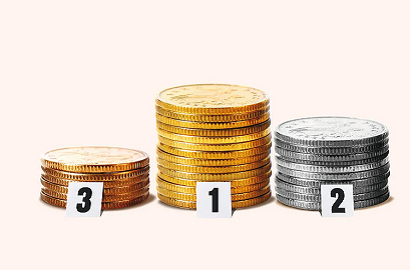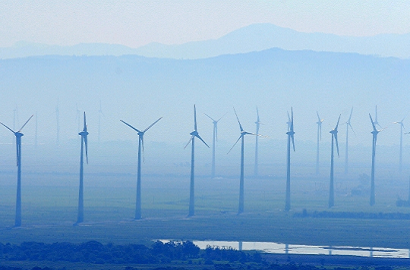Spain tops The Economist’s rankings for best Organisation for Economic Co-operation and Development economy in 2024

Spain has outpaced the United States in both economic growth and job creation.
Spain is the country with the best economic performance in 2024, according to the analysis carried out by The Economist newspaper out of 37 world economies, most of them rich countries. Five economic and financial indicators have been assessed for this ranking: Gross Domestic Product, stock market performance, core inflation, unemployment and government deficit.
Overall, the global economy has been strong this year, despite factors such as high interest rates, wars in Europe and the Middle East, and elections in countries like the United States and India. World Gross Domestic Product will close 2024 with an increase of 3.2%, according to the IMF. Meanwhile, inflation has moderated, employment growth is solid and stock markets have risen by over 20% for the second year in a row.
The pull of the labour market
The year's best economies are in Europe. Spain is followed by Greece, Italy, Ireland and Denmark. By contrast, two usually prominent economies, the United Kingdom and Germany, have achieved disappointing results, and Latvia and Estonia close the list as they did in 2022.
Spanish Gross Domestic Product will grow by more than 3%, thanks to the pull of the labour market and high levels of immigration, which boost production. Although slightly below the world average, this indicator, the most reliable measure of the overall health of an economy, helps to place Spain at the top of the ranking. As for unemployment, the figures have fallen to their lowest level in more than a decade.
The envy of the rich world
The Economist’s analysis highlights Spain's growth, especially when comparing the data with 2012, which was the worst moment in the economic crisis. The Spanish economy has grown to such an extent that it has surpassed the United States, meaning that Spain was described as “the envy of the rich world”, both in terms of economic growth and the pace of job creation.
According to the British newspaper, in 2024 Spain is the country that offers the best response “to those who say that Europe is doomed to stagnation”. The lessons it has emphasised by saying that other countries should take these on board include the decision to “focus on services and not fetishise industry”. In this regard, in addition to the recovery of tourism after the pandemic, Spain is moving up the value chain by exporting more and more consultancy services and technological know-how. Non-tourist services have in particular gone from accounting for around 5.5% of Gross Domestic Product before the pandemic to between 7% and 8% today, according to BBVA.
Foreign workforce
The second lesson deduced by The Economist is the labour market being opened up to immigration. It highlights the fact that, since 2019, the foreign workforce in Spain has increased by around 1.2 million people, mostly from Latin America. Furthermore, opening up to foreign capital has also contributed to economic growth. This publication highlights two investments in which Chinese capital is involved: the battery factory that Stellantis and CATL have announced in Zaragoza and Chery International’s first European plant, which will be set up in Barcelona.
The structural reforms that have been undertaken in Spain in recent years have borne the fruits described by The Economist. These range from reforming the banks and the labour market, which has increased the number of permanent contracts, to promoting renewable energy with measures like abolishing the sun tax. In the future, it recommends continuing with reforms, e.g. to address the challenge of housing prices, made more expensive by factors such as tourism and immigration.
Photo: Carl Godfrey / The Economist




